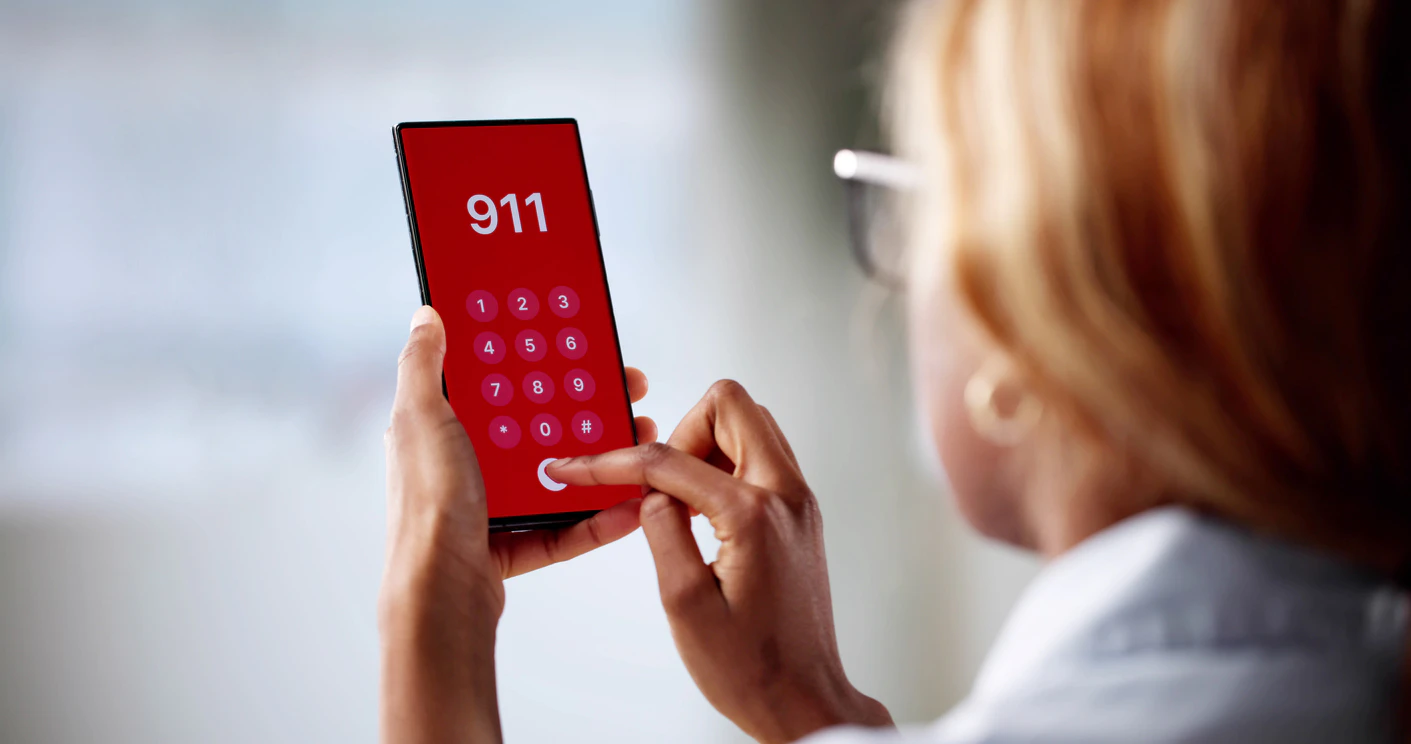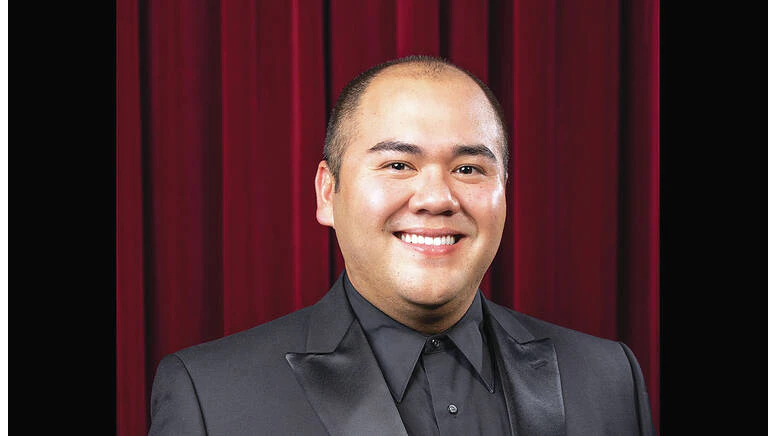Imagine this scenario.
You see a person assault and rob a kūpuna in Downtown Honolulu late at night.
Even though it’s dark, the attack happened right in front of you, so close that you could clearly make out the profile of the violator.
You immediately take out your phone and call to request a police officer.
911: 911, what’s your emergency please?
You: Yeah, I’m at the corner of Smith and Beretania. I just saw someone attack an elderly man. He was robbed, too!
911: Is the victim injured?
You: He’s down on the ground, but he’s moving. Some are trying to help him and they called for an ambulance.
911: Help is on the way. May I have your name for the record, please?
You give your name to the dispatcher.
911: You said you witnessed the attack. Can you describe the assailant?
LET’S STOP THERE.
On Sept. 2, Gov. Josh Green signed into law Act 259, which places the caller, which is you, under suspicion.
Why?
Because this new law could allow that assault and robbery suspect to sue you because you described them to the 911 operator.
For example, if the suspect was an African-American man, he could have grounds to sue you for discrimination.
Thanks to this law, anyone calling 911 must not appear that they’re targeting someone based on protected classes.
According to Act 259, protected classes include:
- Race
- Color
- Ancestry
- Ethnicity
- National origin
- Place of birth
- Sex
- Age
- Religion
- Disability
- Sexual orientation
- Gender identity or expression
This law sounds specific, but it’s broad.
We must remember that there are two primary types of lawmaking: laws that are created to address a specific issue and laws that have “good intentions” but can be manipulated by attorneys.
Obviously, 259 is the latter; so, let’s acknowledge its allegedly “good intentions.”
Act 259 aims to hold 911 callers accountable when they misuse and waste emergency resources.
Let me provide an example.
Someone calls 911, saying that a group of Micronesians are making a lot of noise and are selling drugs in a parking lot.
After police are dispatched, officers find the report to be false, and the caller admits they simply don’t like Micronesians.
In fact, the reality is an innocent local family was gathering outside their uncle’s apartment building to talk story while eating plate lunches.
Now, the police officers’ and the dispatcher’s time have just been incredibly wasted.
Act 259 aims to prevent this type of caller abuse from happening and to hold biased callers accountable.
However, the issue is how this law can be used against 911 callers who are not biased and are simply trying to do their part in maintaining a safe community.
Let’s return to the 911 call you placed after witnessing the assault and robbery.
911: You said you witnessed the attack. Can you describe the assailant?
You: Yes, the attacker looked like a guy in a woman’s dress. He … she … they were black or maybe Samoan or Tongan and could have been in their 50s or 60s.
LET’S STOP THERE.
By giving this detailed description, you have now opened yourself up to a lawsuit, and defense attorneys can use this against you.
The suspect’s lawyer can now launch an investigation into your past, including offhand statements made to friends and family, postings on social media, and any interactions with questionable social media influencers and pages.
The defense attorney’s goal is to cast as much doubt on you, the witness, by accusing you to be driven by bias, prejudice and, yes, hatred of any of the protected classes.
Whatever the defense finds, whether it’s true or accurate, has great potential to ruin your reputation or even your life.
And even worse, the prosecutor’s office could decide not to go to trial, and the suspect you clearly saw commit a heinous crime walks free.
I will leave you with one final thought: is this law actually necessary?
According to data from the state Department of Law Enforcement, there has not been one documented case in Hawai‘i of a misuse of law enforcement.
The best use of a law is to fill a need; and it simply doesn’t seem like there is one in Hawai‘i.
Act 259 is, in short, the best way to make citizens and good Samaritans question if they should follow the edict: “See something, say something.”
In fact, perhaps the law is asking us now to “say nothing.”
Regardless, it’s a consequence we cannot afford.
For the latest news of Hawai‘i, sign up here for our free Daily Edition newsletter!





